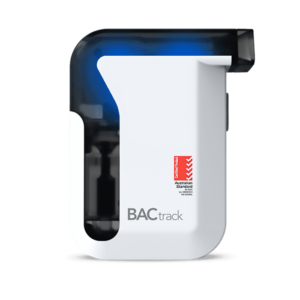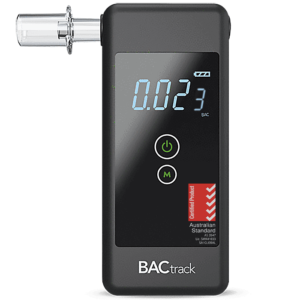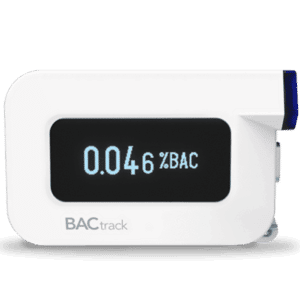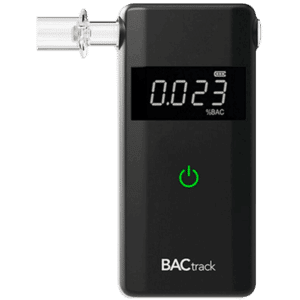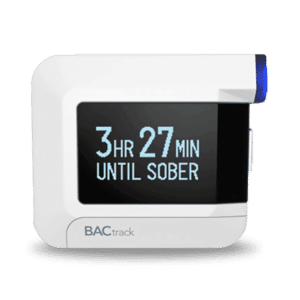Drug Alcohol and Smoking Policy in the Workplace: The Overview
10 October, 2023

A drug, alcohol and smoking policy in the workplace refers to a set of rules and regulations. These rules govern the use of drugs, alcohol, and tobacco products by employees while on the job. Implementing such a policy can have several benefits. These include creating a safe workplace, boosting productivity, and compliance with the law. However, there may be challenges in enforcing the policy, such as privacy concerns, employee resistance, and cultural norms.
Smoking, drinking, or using drugs at work impairs judgment, reduces productivity, and increases the risk of accidents and injuries. These behaviours lead to health problems, more days off work, and diminished job performance. Moreover, having these substances in the workplace makes it unsafe and unfriendly for other employees. Therefore, many organisations implement policies to deter these activities. This article will provide information on alcohol, drug, and smoking policies, including their benefits and challenges.
Definition of Drug, Alcohol and Smoking Policy
A drug, alcohol and smoking policy outlines rules in a specific setting to regulate their use. It clearly states regulations about drugs, alcohol, and tobacco. Generally, the policy typically covers possession, use, distribution, and education about these substances. It aims to promote the safety, health, and well-being of individuals. Additionally, it addresses the potential risks and consequences associated with substance abuse.
In terms of smoking, the policy typically includes regulations that restrict or prohibit smoking on the organisation’s premises. This can involve designated smoking areas, implementation of smoke-free zones, or an outright ban on smoking. These regulations aim to protect non-smokers from exposure to secondhand smoke. Additionally, they seek to promote a healthier environment and ensure compliance with relevant laws.
Regarding drugs and alcohol, the policy may outline the circumstances under which testing may be conducted. This can include pre-employment, post-accident, reasonable suspicion, and random testing. These measures promote safety, aid those in need, and discourage substance abuse in workplaces.
Common Types of Policies
- Zero tolerance policies: these rules ban the usage of drugs, alcohol, and smoking at work. Breaking these rules can lead to immediate punishment, even firing.
- Education-based policies: these policies teach employees about the dangers of substance use. Employers provide resources to help workers understand the risks.
- Enforcement-based policies: these rules keep an eye on drug, alcohol, and smoking policies. Companies often test workers regularly, using urine, saliva, blood, hair, or breath tests to check for drug or alcohol use.
- Comprehensive programs: these programs educate, prevent, enforce rules, and support. They offer training, awareness campaigns, and help for employees struggling with substance abuse.

Benefits of Drug, Alcohol and Smoking Policy in the Workplace
Implementing a drug, alcohol and smoking policy in the workplace brings a lot of benefits. Firstly, workplace safety. Through this policy, employers can mitigate safety risks associated with substance abuse, such as accidents caused by impaired judgment. Consequently, many organisations choose to employ drug and alcohol testing services that offer various testing methods. These include urine, saliva, blood, hair, and breath tests.
Secondly, it can boost productivity. Substance abuse, whether it is alcohol or illicit drugs, can greatly affect an employee’s performance and attendance. Addressing these issues through a policy can promote a healthier work environment. Hence, employees are less likely to engage in harmful behaviours that hinder their ability to carry out their duties effectively.
Lastly, this policy ensures compliance with legal responsibilities and regulations. Different jurisdictions have laws in relation to the use and distribution of alcohol, tobacco, and illegal drugs. Having a thorough policy shows companies are committed to following laws. It protects them from legal and financial risks and informs employees about rules and consequences.
Potential Drawbacks
Implementing a workplace policy on alcohol, drugs, and smoking can bring certain drawbacks. One major issue is the added administrative burden. Companies might have to invest more resources in monitoring and enforcing compliance. Thus, this can be both time-consuming and expensive, especially for smaller businesses with limited resources.
Additionally, there might be concerns about privacy violations. Employees could view drug and alcohol testing as an intrusion into their private lives. This perception could lower their morale and make them unhappy, which, in turn, could reduce overall productivity. Hence, it is crucial for employers to establish clear policies and safeguards to keep employee information confidential.

Challenges and Limitations of Drug, Alcohol and Smoking Policy
A drug, alcohol and smoking policy faces several challenges and limitations that hinder their effectiveness. For instance, legal restrictions limit the scope and reach of these policies. Many countries have varying laws and regulations regarding drug, alcohol, and smoking consumption. Hence, these make it difficult to create a comprehensive and universally applicable policy.
Additionally, there is often resistance from employees towards adhering to these policies. Some individuals may be resistant to change. They can undermine the effectiveness of these policies as it may lead to non-compliance, increased safety risks, and disciplinary action. Overcoming this refusal requires effective education and communication to create awareness.
Furthermore, cultural and social norms can pose challenges. In some societies or industries, the consumption of alcohol or smoking may be deeply ingrained and socially accepted. Challenging these practices and creating a shift in attitudes and behaviours can be a lengthy and complex process. In addition, cultural norms can significantly impact how individuals perceive and stigmatise those seeking help for substance abuse issues. Thus, this stigma often deters people from seeking the support and treatment they need.
Legal Impact
A clear policy on drugs, alcohol, and smoking is crucial for a safe workplace. There are potential legal impacts when violating this policy. For instance, there may be safety risks associated with the influence of alcohol and illegal drugs in the workplace. This can result in accidents, injuries, and even fatalities, exposing employers to potential lawsuits and liability.
Additionally, not following the rules can harm employees’ health, causing both physical and mental problems. Occupational health laws require employers to provide a safe and healthy working environment, and failure to do so can result in legal action. Moreover, violating this policy can trigger disciplinary action.
Conclusion
In conclusion, implementing a clear drug, alcohol and smoking policy in the workplace is crucial. It promotes safety, productivity, and compliance with laws. By outlining rules and consequences, employers create a healthier work environment, ensuring employees’ well-being and enhancing overall workplace efficiency. This proactive approach not only prevents accidents related to substance abuse but also fosters a culture of responsibility and respect. Companies that implement these policies protect their workers and themselves, fostering a safer and more productive workplace.
Organisations may face various challenges in enforcing this policy effectively. These challenges include different legal restrictions, resistance from employees, and deeply rooted cultural norms. To overcome these obstacles, companies need to align their policies with local laws, educate the workforce to enhance understanding and change societal attitudes. By addressing these challenges, organisations can enhance policy effectiveness. This promotes workplace safety and encourages a culture of respect and support where the well-being of everyone is prioritised.


















